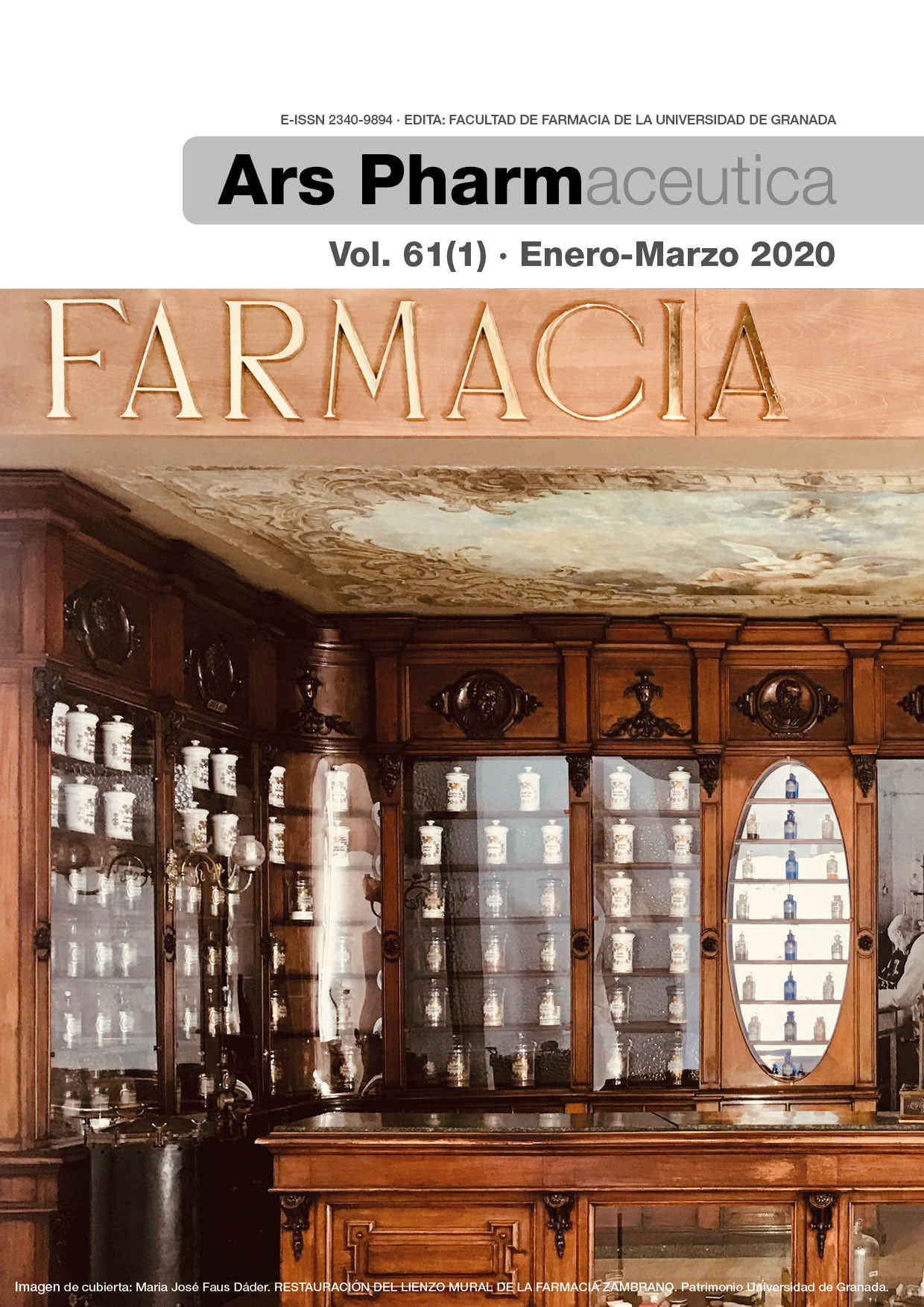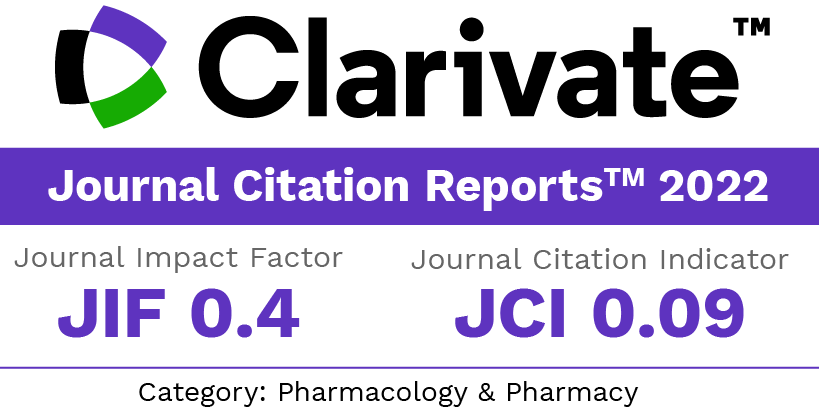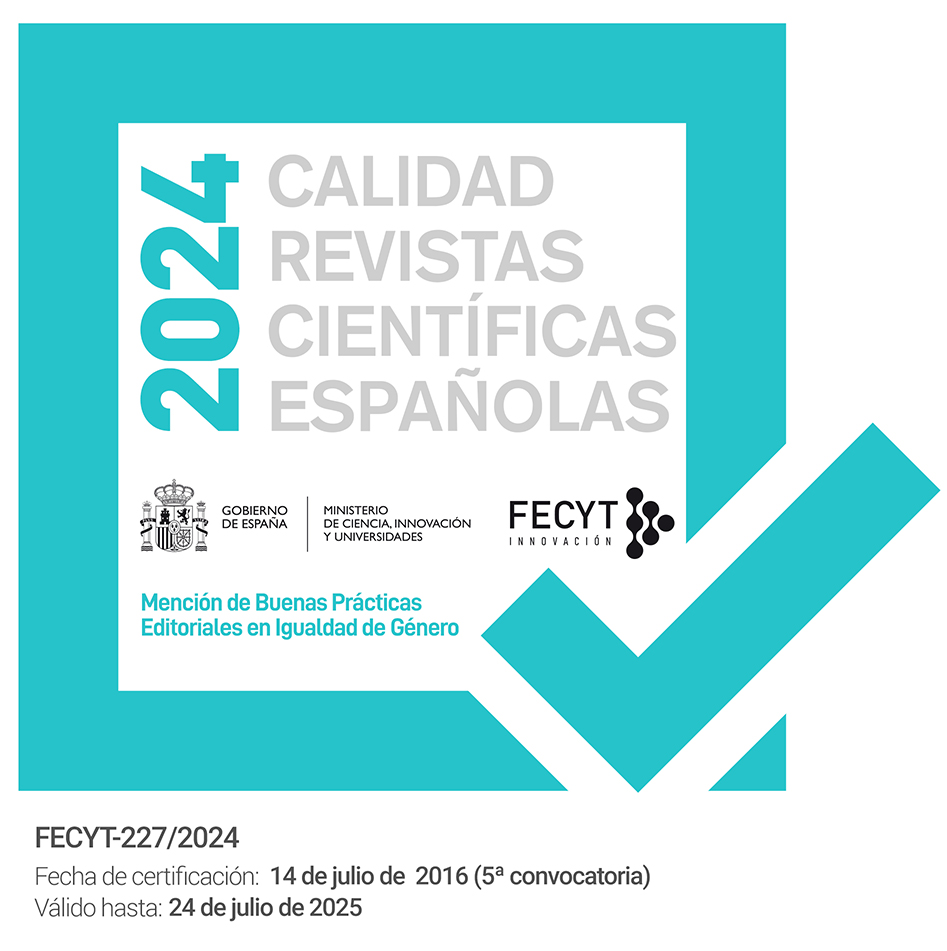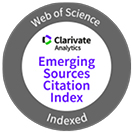La atención farmacéutica a nivel mundial y nacional
Palabras clave:
Atención Farmacéutica, Servicios Farmacéuticos, Farmacia comunitariaResumen
El presente artículo es fruto de la conferencia dictada por la Dra. Carmen Peña en el acto de apertura delcurso académico de la Cátedra María José Faus Dáder de Atención Farmacéutica, de la Universidad deGranada. En él se narra de manera secuencial el nacimiento y desarrollo de la Atención Farmacéutica enla que resulto esencial el papel que la Federación internacional de Farmacéuticos (FIP) ha jugado parasu desarrollo. Conjuntamente con la OMS publican en 1999 el documento “Buenas Prácticas en Farmacia:Estándares para la calidad de los servicios farmacéuticos” que se ha seguido actualizando hasta suversión del 2011.En España, mientras el proceso de la Atención Farmacéutica (Pharmaceutical Care) a nivel mundial,tomaba velocidad de crucero, un grupo de líderes de la farmacia española se movilizó para introducirlos conceptos de la Declaración de Tokio 93, en relación con los principios de la Atención Farmacéutica.En el momento actual estos pioneros, entre los que se encuentran entre otros, el Consejo General de Farmacéuticosy la Cátedra de Atención Farmacéutica de la Universidad de Granada responsable de la integracióndel grupo de Atención Farmacéutica de dicha universidad, presentan una apuesta decidida porla farmacia profesional a través de una oferta de servicios farmacéuticos de calidad dirigidos al paciente.Descargas
Citas
International Pharmaceutical Federation (FIP). FIPEd Global Education Report. La Haya: FIP, 2013.
Organización Mundial de la Salud (OMS). Estrategia mundial de recursos humanos para la salud: el personal de salud de aquí a 2030: OMS, 2015.
Organización Mundial de la Salud (OMS). Estrategia revisada en materia de medicamentos. 39º Asamblea Mundial de la Salud: OMS, 1986. Disponible en: http://apps.who.int/medicinedocs/documents/s23224es/s23224es.pdf
Omnibus Budget Reconciliation Act of 1990, took effect in January 1993. EEUU: 1990.
Hepler CD, Strand LM. Opportunities and responsibilities in pharmaceutical care. Am J. Hosp Pharm, 1990; 47(3): 533- 543. Disponible en: https://www.ncbi.nlm.nih.gov/pubmed/2316538
International Pharmaceutical Federation (FIP). Good pharmacy practice in community and hospital pharmacy settings. La Haya: FIP, 1992
International Pharmaceutical Federation (FIP). Declaración de Tokio. Buenas prácticas en Farmacia: Normas de Calidad de Servicios Farmacéuticos. Tokio: FIP, 1993.
International Pharmaceutical Federation (FIP).Collaborative
International Pharmaceutical Federation (FIP). Buenas prácticas en Farmacia. Directrices conjuntas FIP/ OMS sobre Buenas Prácticas en Farmacia: Estándares para la calidad de los servicios farmacéuticos. La Haya: FIP, 1992.
International Pharmaceutical Federation (FIP), Organización Mundial de la Salud (OMS). Developing pharmacy practice a focus on patient care. La Haya: FIP, 2006.
Boletín Oficial de la Universidad de Granada nº 46. 19 de julio de 2011.Propuesta de creación de la Cátedra de Atención Farmacéutica. Facultad de Farmacia Granada
Ministerio de Sanidad y Consumo. Consenso sobre Atención Farmacéutica. Madrid: 2001. Disponible en: https://www. mscbs.gob.es/profesionales/farmacia/consenso/consenso. htm#indice
Foro Atención Farmacéutica. Documento de Consenso. Madrid: 2008.
Foro de Atención Farmacéutica. Guía de Foro de Atención Farmacéutica. Madrid: 2010. Disponible en: https://www. portalfarma.com/inicio/serviciosprofesionales//forofarma-ciacomunitaria/Documents/ATFC_Guia%20FORO.pdf
Foro de Atención Farmacéutica. Guía práctica para los Servicios Profesionales Farmacéuticos Asistenciales en la Farmacia Comunitaria. Madrid: 2019. Disponible en https://www.por-talfarma.com/inicio/serviciosprofesionales/forofarmaciacomunitaria/Documents/2019-guia-practica-spfa.pdf
Consejo General de Colegios Oficiales de Farmacéuticos. Declaración de Córdoba. Córdoba: 2014. Disponible en: https:// www.portalfarma.com/Profesionales/organizacionfcole¬gial/profesionfarma/Paginas/Declaracion-de-Cordoba.aspx
Descargas
Publicado
Cómo citar
Número
Sección
Licencia
Derechos de autor 2020 Carmen Peña

Esta obra está bajo una licencia internacional Creative Commons Atribución-NoComercial-CompartirIgual 4.0.
Los artículos que se publican en esta revista están sujetos a los siguientes términos en relación a los derechos patrimoniales o de explotación:
- Los autores/as conservarán sus derechos de autor y garantizarán a la revista el derecho de primera publicación de su obra, la cual se distribuirá con una licencia Creative Commons BY-NC-SA 4.0 que permite a terceros reutilizar la obra siempre que se indique su autor, se cite la fuente original y no se haga un uso comercial de la misma.
- Los autores/as podrán adoptar otros acuerdos de licencia no exclusiva de distribución de la versión de la obra publicada (p. ej.: depositarla en un archivo telemático institucional o publicarla en un volumen monográfico) siempre que se indique la fuente original de su publicación.
- Se permite y recomienda a los autores/as difundir su obra a través de Internet (p. ej.: en repositorios institucionales o en su página web) antes y durante el proceso de envío, lo cual puede producir intercambios interesantes y aumentar las citas de la obra publicada. (Véase El efecto del acceso abierto).




















